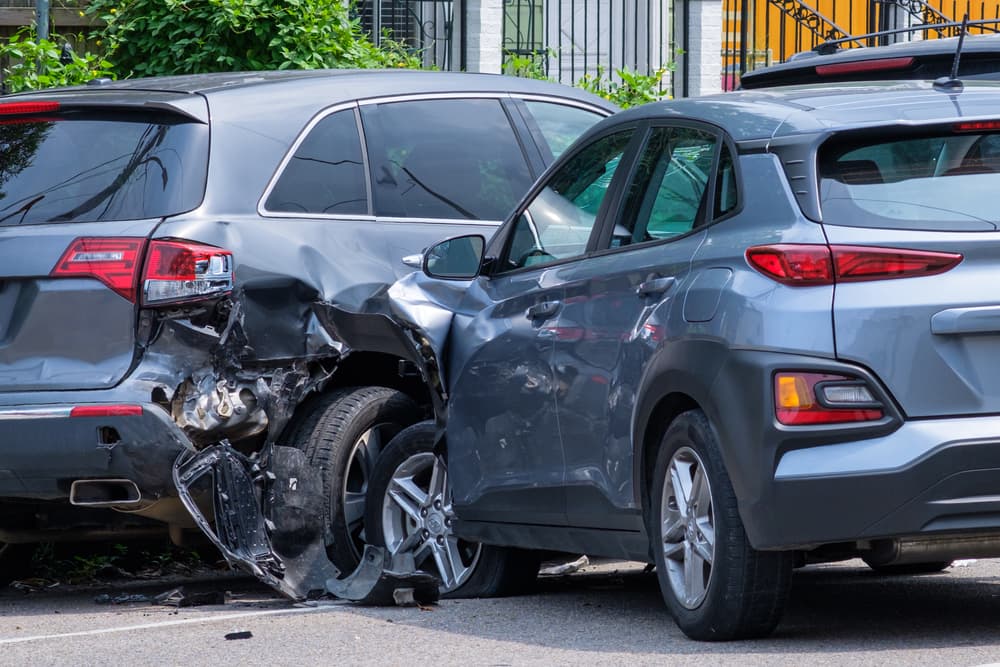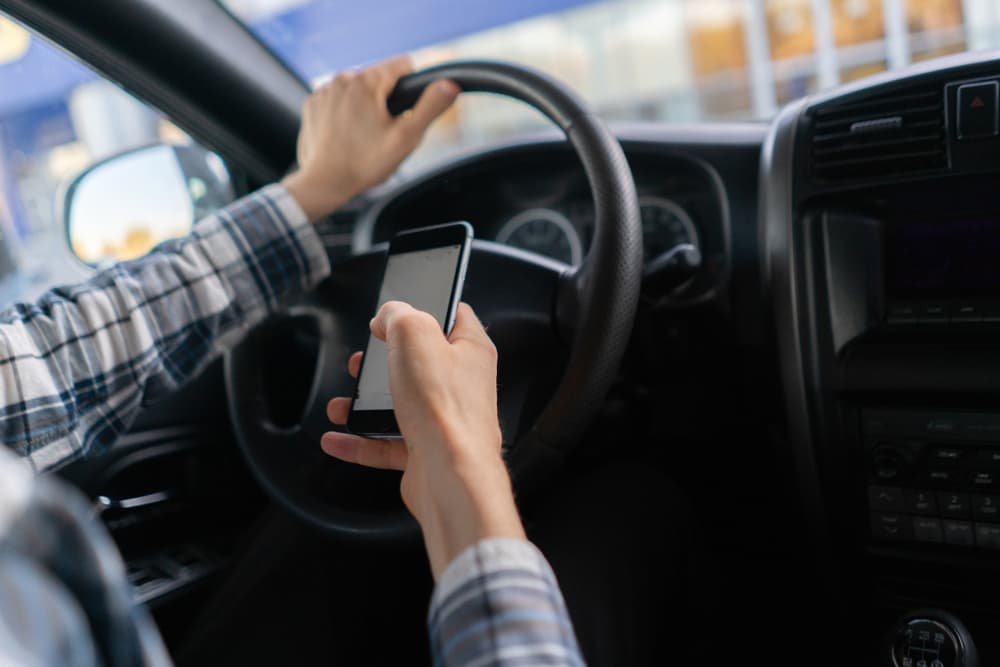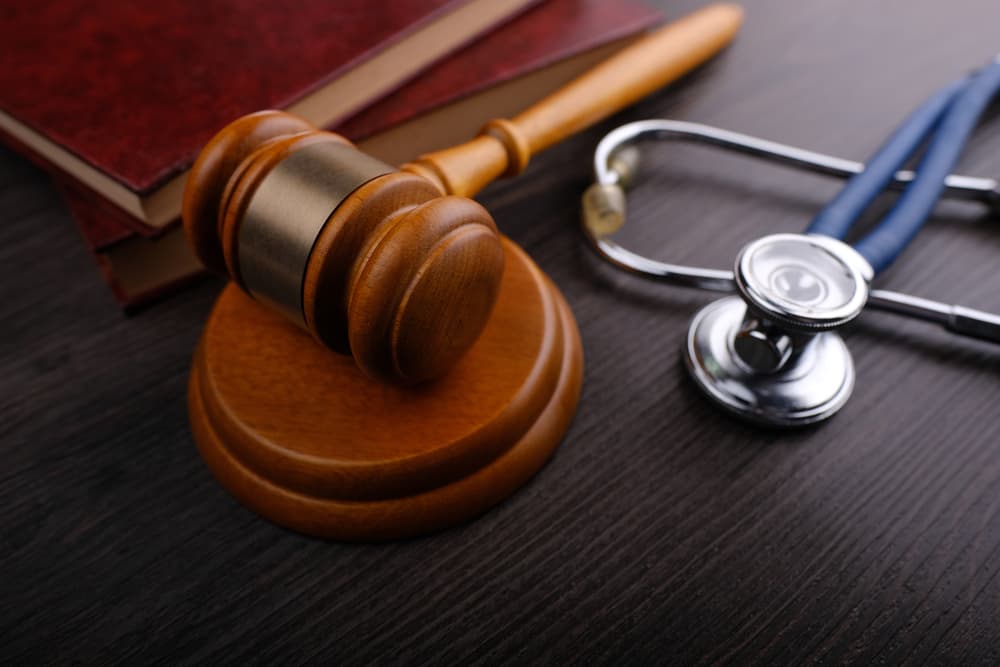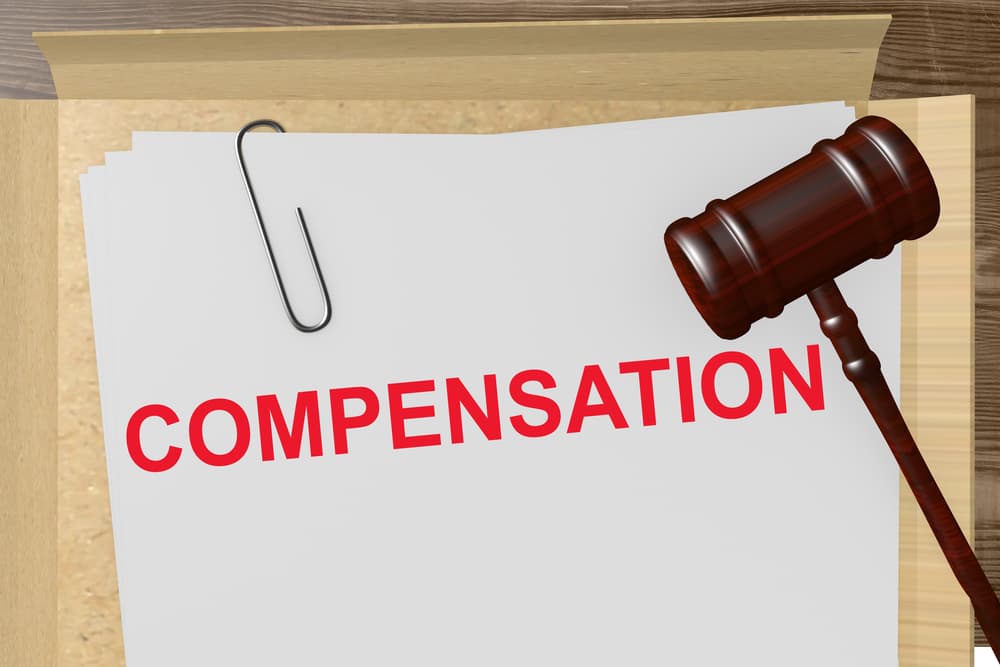Hiring a personal injury lawyer is essential when you face severe injuries, costly medical bills, or lost wages after a motor vehicle collision or pedestrian accident. You should retain legal counsel for your case as quickly as possible. Promptly hiring a lawyer is vital to preserve evidence and meet legal deadlines. By consulting with a personal injury lawyer early, you can ensure that your rights are protected and improve your chances of securing fair compensation for your injuries and losses.
Once a personal injury attorney enters an appearance in your case, they can begin advocating for you by gathering documentation, filing a claim or lawsuit on your behalf, and pursuing the compensation you deserve for your injuries.
Types of Personal Injury Cases

Personal injury cases encompass a variety of situations in which individuals suffer harm due to someone else’s negligence or wrongdoing. Among the most common types are car accidents, truck accidents, bicycle accidents, motorcycle accidents, drunk driving accidents, and pedestrian accidents.
Car accidents are frequent and can result in injuries ranging from cuts to severe trauma. Factors like speeding, reckless driving, or failure to yield often contribute to these incidents. Victims may suffer whiplash, fractures, or head injuries, necessitating medical attention and potentially long-term care.
Truck accidents involve large commercial vehicles and can be particularly devastating due to their size and weight. Collisions with trucks often lead to catastrophic injuries such as spinal cord damage or multiple fractures. Determining liability in these cases may involve complex investigations into driver fatigue, improper maintenance, or overloaded cargo.
Bicycle accidents typically occur when cyclists share the road with motor vehicles. Even with protective gear, cyclists are vulnerable to serious injuries such as traumatic brain injuries or broken bones. Issues like driver distraction or failure to yield to cyclists are common causes.
Motorcycle accidents pose significant risks to riders due to their minimal protection. Injuries from motorcycle crashes can include road rash, limb amputation, or severe head trauma. Factors like speeding or failure to see motorcycles contribute to many accidents involving these vehicles.
Drunk driving accidents result from drivers operating vehicles under the influence of alcohol or drugs. Such incidents often lead to catastrophic injuries or fatalities for both drivers and innocent bystanders. Legal consequences for impaired drivers can be severe due to the preventable nature of these accidents.
Pedestrian accidents occur when vehicles strike individuals on foot. Pedestrians are especially vulnerable and can suffer from injuries like broken bones, internal organ damage, or concussions. Factors such as driver distraction or failure to obey traffic signals are primary causes of these collisions.
In all these types of personal injury cases, proving negligence is critical for victims seeking compensation. Evidence such as police reports, witness statements, and medical records play vital roles in establishing liability. Legal proceedings may involve negotiations with insurance companies or litigation in court to secure damages for medical expenses, lost wages, and pain and suffering.
How to Prove a Personal Injury Case

Proving the legal elements of a personal injury case involving a motor vehicle or pedestrian accident requires demonstrating four key components: duty, breach, causation, and damages. Each element is essential to establish the at-fault party’s (defendant’s) liability and secure compensation for the victim.
First, the accident victim must establish duty of care. In motor vehicle and pedestrian accidents, this means showing that the defendant had a legal obligation to act with reasonable care to avoid causing harm. For example, drivers are required to obey traffic laws, maintain control of their vehicles, and be vigilant for pedestrians. This duty of care is generally straightforward to prove, as it is well-established in traffic regulations and laws.
Second, there must be evidence of a breach of duty. This involves showing that the defendant failed to meet the standard of care expected of them. In a motor vehicle accident, proving the driver was speeding, texting while driving, or running a red light, for example, can demonstrate breach of duty. In a pedestrian accident, this may involve the driver’s not yielding at a crosswalk or driving recklessly. Evidence such as traffic camera footage, police reports, and witness statements can be crucial in proving the breach.
Third, the accident victim must establish causation, linking the breach of duty directly to the injuries the victim suffered. There are two aspects to causation: cause-in-fact and proximate cause. Cause-in-fact means that the defendant’s actions were the actual cause of the injuries, while proximate cause means the injuries were a foreseeable result of the defendant’s actions. For instance, if a driver runs a red light and hits a pedestrian, causing broken bones, the breach of duty (running the red light) is directly linked to the injuries (broken bones).
Finally, the accident victim must demonstrate damages. This means proving that the victim suffered actual harm or losses as a result of the accident. Damages can include medical expenses, lost wages, pain and suffering, and property damage. Medical records, employment records, and expert testimony can help to establish the extent of the damages and their financial effect.
To successfully prove a personal injury case, the victim must clearly demonstrate with evidence all four elements — duty, breach, causation, and damages. This often involves gathering substantial documentation, working with experts, and possibly presenting the case in court. By meticulously proving each element, victims can hold the negligent party accountable and seek fair compensation for their injuries and losses.
What to Look for in a Good Personal Injury Lawyer

Choosing the right personal injury lawyer for a motor vehicle collision or pedestrian accident is pivotal to ensuring a favorable outcome for your case. Here are some key qualities to look for:
- Legal Experience and Knowledge — A good personal injury attorney should have extensive experience handling motor vehicle and pedestrian accident cases. They should be well-versed in traffic laws, insurance policies, and the nuances of personal injury law. An experienced attorney will know how to navigate the complexities of your case and will be better equipped to anticipate and counter the strategies of the opposing party.
- Track Record of Success — Look for a lawyer with a proven track record of winning cases and securing substantial settlements or verdicts for their clients. Past success is a good indicator of their ability to effectively advocate for you. Ask for examples of similar cases they have handled and the outcomes they achieved.
- Strong Communication Skills — Your lawyer should be an excellent communicator, able to explain legal terms and processes clearly. They should listen to your concerns and answer your questions thoroughly. Good communication also means keeping you informed about the progress of your case and promptly returning your calls or emails.
- Negotiation Skills — Many personal injury cases settle out of court, so strong negotiation skills are essential. A good lawyer should be able to negotiate effectively with insurance companies and other parties to secure a fair settlement. They should be persuasive and assertive, ensuring that your rights and interests are protected.
- Trial Experience — While many cases settle, some may go to trial. Your attorney should have trial experience and be comfortable presenting your case in court. They should be able to construct compelling arguments, present evidence clearly, and cross-examine witnesses effectively.
- Compassion and Empathy — Dealing with the aftermath of an accident can be emotionally challenging. A good personal injury lawyer should be compassionate and empathetic, showing genuine concern for your well-being. They should understand the effects of your injuries on your life and be committed to helping you receive the compensation you deserve.
- Availability and Dedication — Your lawyer should be available to you and dedicated to your case. Avoid attorneys who are too busy to give your case the attention it needs. They should be willing to invest the time and effort required to thoroughly investigate your accident and build a strong case.
- Reputation and Reviews — Research the lawyer’s reputation within the legal community and among past clients. Read reviews and testimonials to gauge their professionalism, reliability, and effectiveness. A lawyer with a good reputation is likely to be more trustworthy and dependable.
By considering these qualities, you can find a personal injury lawyer who will provide the best possible representation for your motor vehicle collision or pedestrian accident case.
How Can a Personal Injury Lawyer Help?
A skilled personal injury lawyer can be instrumental in navigating the complexities of a motor vehicle accident or pedestrian accident case. Ways they can assist include the following:
- Case Evaluation — The first step a attorney takes is to evaluate the details of your accident to determine the viability of your case. They will review police reports, medical records, witness statements, and any available evidence to build a solid foundation for your claim.
- Legal Advice and Guidance — Personal injury lawyers provide legal advice tailored to your specific situation. They help you understand your rights, the legal process, and the potential outcomes of your case. This guidance ensures you make informed decisions every step of the way.
- Investigation — A thorough investigation is crucial to gathering evidence that supports your claim. A skilled lawyer will collect and analyze evidence such as traffic camera footage, accident scene photos, and eyewitness accounts. They may also work with accident reconstruction experts to determine the cause of the accident and establish liability.
- Handling Insurance Companies — Dealing with insurance companies can be challenging as they often aim to minimize payouts. Your lawyer will handle all communications with insurance adjusters, ensuring that your statements are accurate and that you do not inadvertently jeopardize your claim. They will negotiate with the insurance company to seek a fair settlement that covers your medical expenses, lost wages, and other damages.
- Documentation and Paperwork — Personal injury cases involve extensive paperwork and documentation. Your lawyer will ensure all necessary documents are completed accurately and submitted on time. This includes filing claims, obtaining medical records, and preparing legal documents for court if needed.
- Calculating Damages — Determining the full extent of your damages is essential for securing adequate compensation. A skilled lawyer will accurately calculate your current and future medical expenses, lost income, property damage, pain and suffering, and other relevant costs. This comprehensive assessment ensures you seek the maximum compensation you deserve.
- Representation in Court — If your case goes to trial, having an experienced lawyer represent you is crucial. They will present your case effectively, cross-examine witnesses, and argue on your behalf. Their courtroom experience can significantly affect the outcome of your case.
- Settlement Negotiations — Many personal injury cases settle out of court. Your lawyer will negotiate with the responsible party or their insurance company to reach a fair settlement. They will use their knowledge and skills to ensure you are not pressured into accepting a low offer.
- Emotional Support — A personal injury lawyer provides emotional support during a stressful time. They offer reassurance and confidence, knowing you have a professional advocating for your best interests.
By leveraging their knowledge, a skilled personal injury attorney can help you navigate the legal system, protect your rights, and secure the compensation you need to recover from your accident.
Recovering Compensation in a Personal Injury Case

If you are involved in a motor vehicle accident or pedestrian accident, you may be entitled to various types of compensation to cover the damages and losses you have suffered. Understanding these different types can help you know what to expect and ensure that you seek fair compensation.
- Medical Expenses — One of the most significant components of compensation is for medical expenses. It is important to keep detailed records of all medical bills and treatment costs.
- Lost Wages — If your injuries prevent you from working, you can claim compensation for lost wages. This covers the income you would have earned during the time you were unable to work. If your injuries result in long-term or permanent disability, you may also be entitled to compensation for future lost earnings and diminished earning capacity.
- Pain and Suffering — Compensation for pain and suffering addresses the emotional distress and physical pain you experienced due to the accident. This type of compensation is more subjective and can vary significantly based on the severity of your injuries, the repercussions on your daily life, and other factors.
- Loss of Consortium — If your injuries affect your relationship with your spouse, you may be entitled to compensation for loss of consortium. This refers to the loss of companionship, affection, and support that you would normally provide to your spouse.
- Punitive Damages — In cases where the defendant’s actions were particularly reckless or egregious, the court may award punitive damages. However, punitive damages are less common than compensatory damages and typically require a higher burden of proof.
- Other Out-of-pocket Expenses — You may also be able to recover compensation for other expenses directly related to the accident, such as transportation costs for medical appointments, home modifications to accommodate your injuries, and hiring help for household tasks you can no longer perform.
An experienced personal injury lawyer will work to ensure that you receive the full compensation you deserve.
Talk with an Experienced Personal Injury Attorney Today
If you sustained injuries in a car or truck accident, motorcycle accident, bicycle accident, drunk driving accident, or pedestrian accident, it is essential that you contact a qualified personal injury attorney in your jurisdiction as soon as possible. Your lawyer can immediately investigate your accident circumstances, gather documents, and file a timely claim for compensation. Your attorney can then negotiate on your behalf or litigate your case to a resolution in the state court system.
